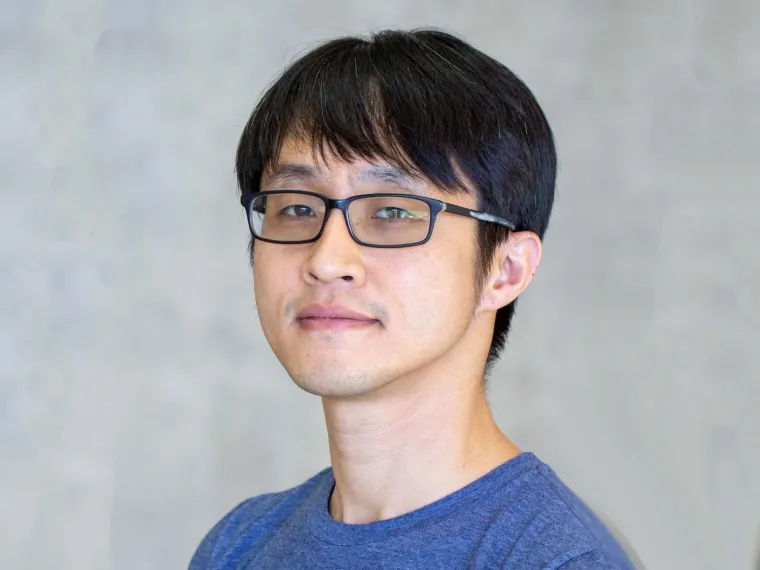Dongkyun "DK" Kang

Meinel 621
Wyant College of Optical Sciences
The University of Arizona
1630 E. University Blvd.
P.O. Box 210094
Tucson, AZ 85721-0094
Employment
- Associate Professor: The University of Arizona, College of Optical Sciences and Department of Biomedical Engineering, 2023-present
- Assistant Professor: The University of Arizona, College of Optical Sciences and Department of Biomedical Engineering, 2017-2023
- Assistant Professor: Harvard Medical School and Massachusetts General Hospital, Wellman Center for Photomedicine, 2016-2017
- Instructor: Harvard Medical School and Massachusetts General Hospital, Wellman Center for Photomedicine, 2009-2006
- Research fellow: Harvard Medical School and Massachusetts General Hospital, Wellman Center for Photomedicine, 2007-2009
- Research fellow: Korea Advanced Institute of Science and Technology (KAIST), Department of Mechanical Engineering, 2006-2007
- Co-Founder, Nano Scope Systems, 2006
Professional Affiliations and Activities
- Lasers in Surgery and Medicine: Editorial board fellow, 2016-present
Awards and Honors
- Harvard-MIT summer institute at MGH, Mentor Award, 2016
- Dermatology Entrepreneurship Conference, Poster Exhibition Winner, 2016
Specific Research Interests
- Low-cost smartphone in vivo microscopy
- High-speed in vivo endomicroscopy
- Ultraminiature endomciroscopy
- Optical imaging for low-resource settings
Research Summary
My research is focused on developing novel optical microscopy technologies and improving patient care using these technologies. My research area includes (1) low-cost smartphone in vivo microscopy, (2) high-speed comprehensive in vivo endomicroscopy, and (3) ultraminiature endomicroscopy.
(1) Low-cost smartphone in vivo microscopy: I am currently leading a NIH-sponsored research project for developing smartphone confocal microscope and diagnosing Kaposi's sarcoma in Uganda with the smartphone confocal microscope. I will further advance the smartphone microscopy technology and address other applications, including diagnosis of cervical and oral cancers in low-resource settings, large-population screening of skin cancers in the US, and aiding science and medical educations.
(2) High-speed comprehensive in vivo endomicroscopy: I have previously developed a high-speed confocal microscopy system and endoscopic imaging catheters and acquired largest in vivo confocal images of human organ reported. At the UA, I plan to further advance the technology by i) increasing the imaging speed by orders of magnitude and ii) incorporating fluorescence imaging modality.
(3) Ultraminiature endomicroscopy: In my previous research, I have developed miniature endoscopic catheters that can visualize internal organs in vivo through a needle-sized device. At the UA, I will develop microscopic imaging catheter with a extremely small diameter and utilize it for guiding cancer diagnosis and treatment.
Degrees
- Ph.D., Korea Advanced Institute of Science and Technology (KAIST), 2006
- M.S., Korea Advanced Institute of Science and Technology (KAIST), 2002
- B.S., Korea Advanced Institute of Science and Technology (KAIST), 2000
